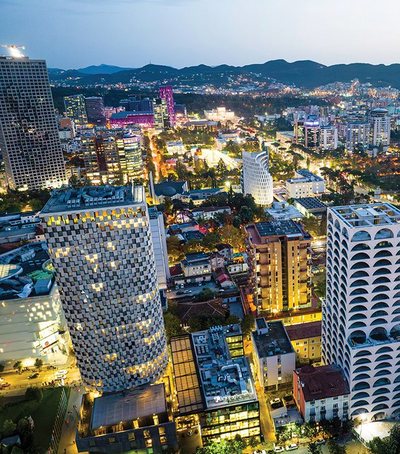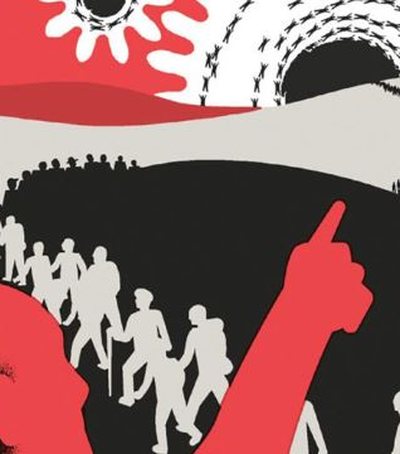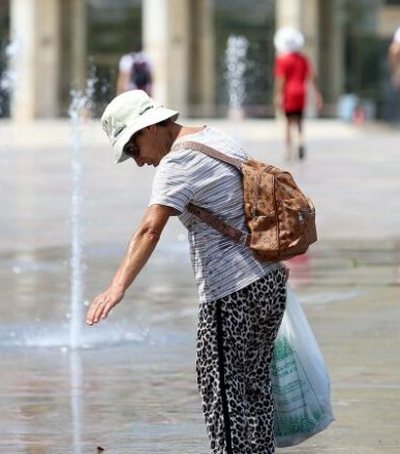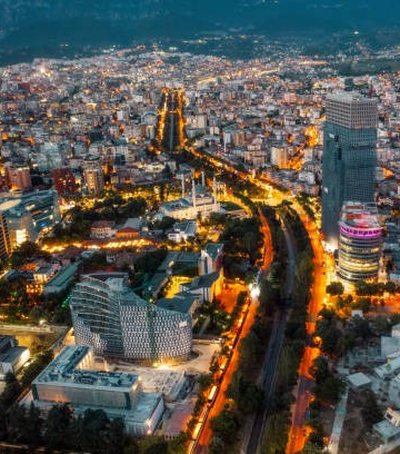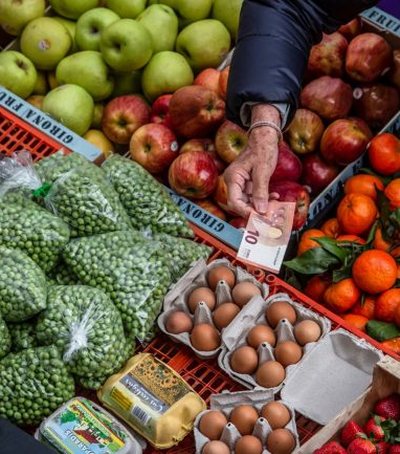
Statistics show that more than 700,000 new jobs have been created in the last 7 years in the Western Balkans, but only 4.3% of them managed to be a job by young people under the age of 24. For a young person of this age, it takes about 2 years to get a job.

â??One-quarter of a million young people in the region are unemployed, but are actively looking for a job. Young women are more likely to be out of education, training or employment. Furthermore, one third of young people are dissatisfied with the skills offered by the education system as they tend not to meet the needs of their jobs. Of those, 36% said they were required to learn or learn new existing skills in their work. This data has been disconnected for the past 12 months, says RCC 2019 Balkan Barometer. All of us in the region need to do more to increase the importance of education and skills to labor market needs, "says Dragana Djurica, Expert RCC High School for Competition.

According to data published by INSTAT, in Albania the unemployment rate for those who have completed higher education was 14.2%, from 13.8% the previous year. Unemployment has increased among female graduates (from 13.9% to 15.8%), while it has fallen among men (from 13.7% to 12.1%). Left without a job, there are many graduates who are trying to open a private venture themselves, increasing the weight of self-employment in this group. The tendency of rising unemployment among higher education has been in the opposite direction to total unemployment in the country, which dropped from 14.1% in 2017 to 12.8% in 2018. 2018 seems to have been a good year for those with an 8/9 year low education. The unemployment rate for this group fell from 12.9% to 10.6%. Unemployment among the active working-age population has also declined from 15.7% to 14.5%. In fact, the low-educated 8/9 population turns out to be bolder in launching a private business, securing the job itself, mainly in retail outlets, or even in bar-restaurants.
Source: Monitor

